Zinc: Everything You Need To Know

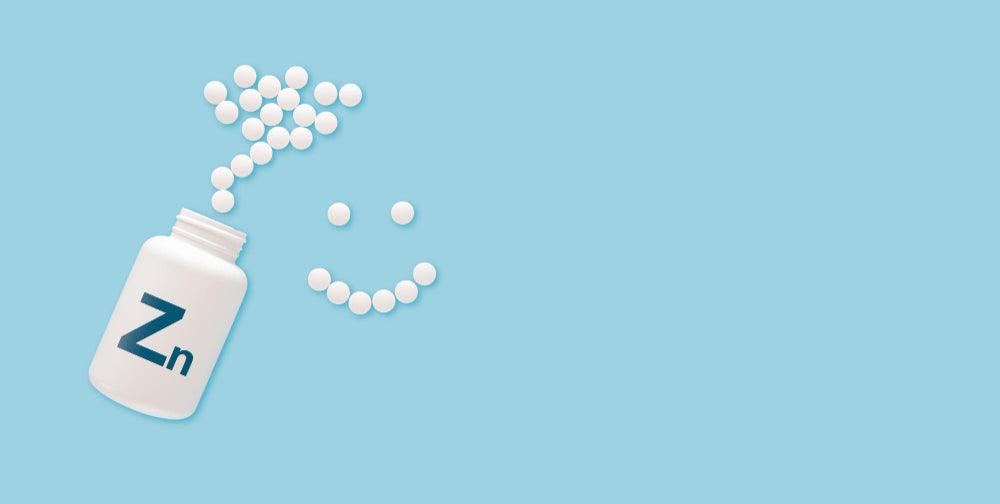
Related products

What’s covered?
Zinc; Introduction
Zinc is an essential element and plays an important role in keeping our bodies safe and healthy. It is required for several functions in your body, such as enzyme functions, immunity, protein synthesis, wound healing, bone health, growth of the body, and DNA synthesis. Our body can't synthesise it naturally, so therefore, we need to take it into our daily diet. Some foods like grains, poultry, milk, and meat are all high in zinc. The recommended daily dose of zinc is 10 mg for adults, and the normal range of zinc in the blood is 75 to 130 micrograms/dl. Below or above this range can cause serious health problems.
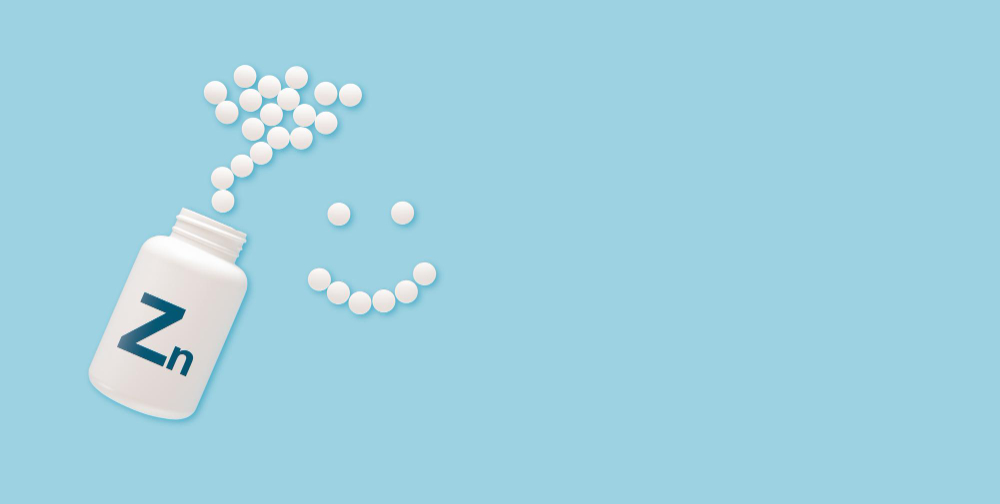
What are the different sources of zinc?
Our bodies can't produce zinc. Therefore it is needed to include those foods in our diet that are rich in zinc. The following foods contain high amounts of zinc.
1. Red meat
Red meat is a rich source of zinc. Five hundred grams of raw beef contains 20mg of zinc.
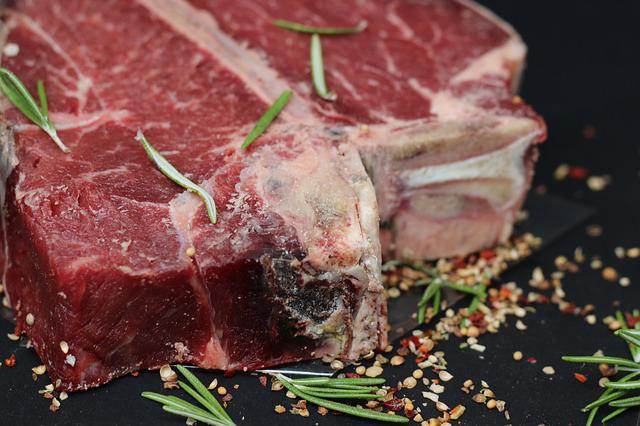
2. Peanuts
Eating peanuts on daily bases can also fulfil your zinc needs. Peanuts consist of a large amount of zinc. It is estimated that peanuts contain around 20% of zinc.
3. Milk
Milk and other dairy products are notable sources of zinc. Apart from this, dairy products improve the absorption of zinc from the intestine and increase its availability to the body.
4. Eggs
Although eggs don't contain a large amount of zinc, they can also meet our daily needs for zinc. One egg contains around 7% of zinc.
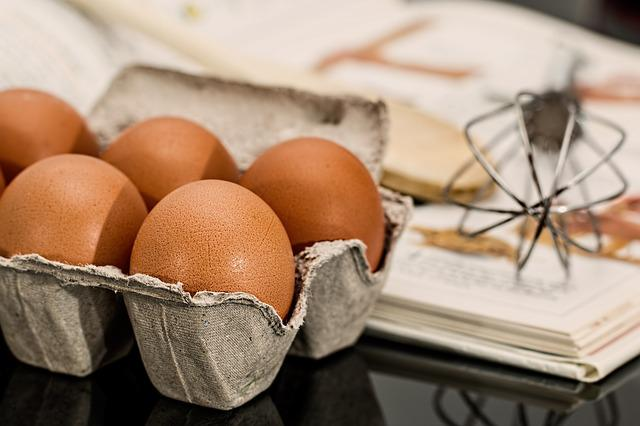
5. Grains
Grains like rice and wheat also contain moderate amounts of zinc.
Functions of Zinc
Zinc is the basic nutrient of our body. It plays a vital role in almost every function of the cell. For proper work of our immunity system, zinc is needed. It helps in mitosis and DNA synthesis of the cell and makes it possible to divide the cells and transfer genetic material from one cell to another. Zinc plays a crucial role in the healing process of wounds. It enhances the epithelialization and fibrosis of the tissues. Zinc increases the sensitivity of insulin and makes it more active. Zinc is also helpful for the senses of smell and taste. Zinc increases the strength and density of skeletal structures and promotes the growth of our bodies.
What are the different signs and symptoms of zinc deficiency?
1. Skin changes
Cracks and dryness of the skin occur in the presence of zinc deficiency. It is mostly noticed around the mouth, hands, and feet.
2. Hair fall
People with a deficiency of zinc have experience hair loss. Zinc deficiency weakens the hair follicles, which results in hair loss.
3. Slow wound healing.
Zinc is required for the activity of fibroblast cells. Fibroblast cells are found in the connective tissue. They release fibrosis which plays a critical part in the epithelialization and fibrosis of wounds. In the case of zinc deficiency, the function of fibroblast cells slows down, which leads to delay wound healing.
4. Other signs and symptoms include :
a) Impaired bone
b) Slow growth
c) Diarrhoea
d) Loss of appetite
e) Vision problems.
What are the different causes of Zinc deficiency?
1. Poor diet
Our body acquires zinc from foods because it can't produce zinc naturally. Therefore poor diet can cause a deficiency of zinc. Malnourished children and adults are suffering from zinc deficiency. There is a greater demand for zinc during pregnancy and breastfeeding, which also create zinc deficiency. Meat and dairy products are rich sources of zinc; that's why people who prefer vegetables in their foods also face zinc deficiency.
2. Poor absorption due to gut problems
Some gut diseases like ulcerative colitis and Crohn's disease cause poor absorption of zinc from the gut, such conditions lead to persistent diarrhoea, and more zinc is excreted instead of absorbed, which leads to a deficiency of zinc in our body.
In the case of chronic liver and kidney disease, a low amount of zinc is absorbed, which leads to zinc deficiency.
How to diagnose Zinc deficiency?
The doctor checks the blood level of zinc in our body. The normal level is 75 to 130 micrograms/dl. Doctors also use urine samples to measure the accurate value of zinc in our bodies.
What are the signs and symptoms of Zinc overdose?
Zinc overdose results from using too much zinc contain foods such as raw meat, milk, fish, etc... Some people, who work in certain factories, inhale zinc which results in excess zinc in their bodies. Chronic disease of the kidney can also elevate the zinc level.
Excess to zinc can cause nausea, diarrhoea, cramps in the stomach, headache, and loss of appetite. Extra zinc can also interfere with other elements such as copper and HDL.
Beyond 130 micrograms/dl of zinc in the serum can cause these changes. Treatment of excessive zinc is to eliminate it from the body.
What are the different treatment options for Zinc deficiency?
1. Change of food.
If the doctor diagnoses a deficiency of zinc in the body, one should include more of the following foods as meat, eggs, poultry, milk, cheese, etc... These foods are all rich in zinc and can meet the needs of zinc in our bodies.
2. Zinc supplements.
Zinc deficiency can also be treated by providing zinc supplements to the patient. Multivitamin supplements contain zinc. For patients who use antibiotics and other medications, zinc should be given with care because zinc interacts with other medicines.
3. Treatment of chronic disease.
The conditions that can affect the absorption and excretion of zinc should be treated. Several gut diseases affect the absorption of zinc.
To see our zinc supplement product, click here.
For a full range of medications, visit our Welzo Online Pharmacy Page. For more details click here.







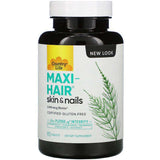
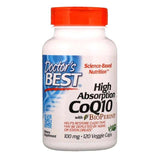

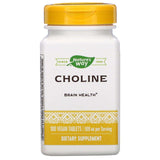



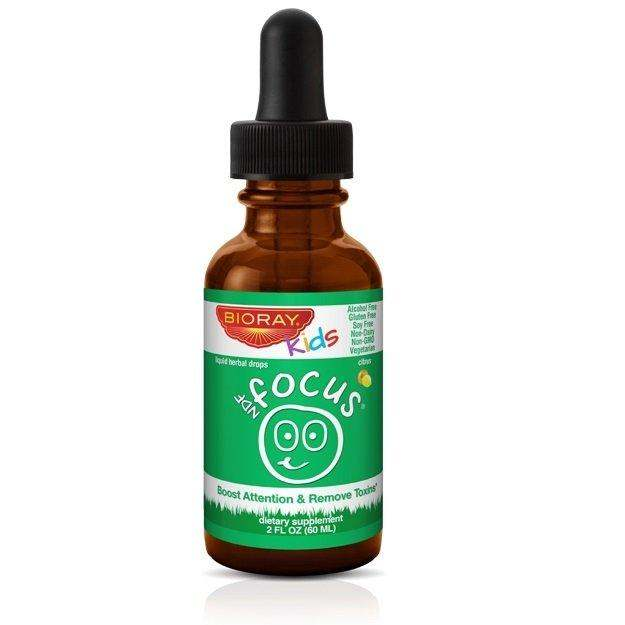

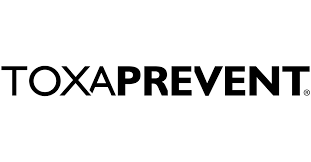
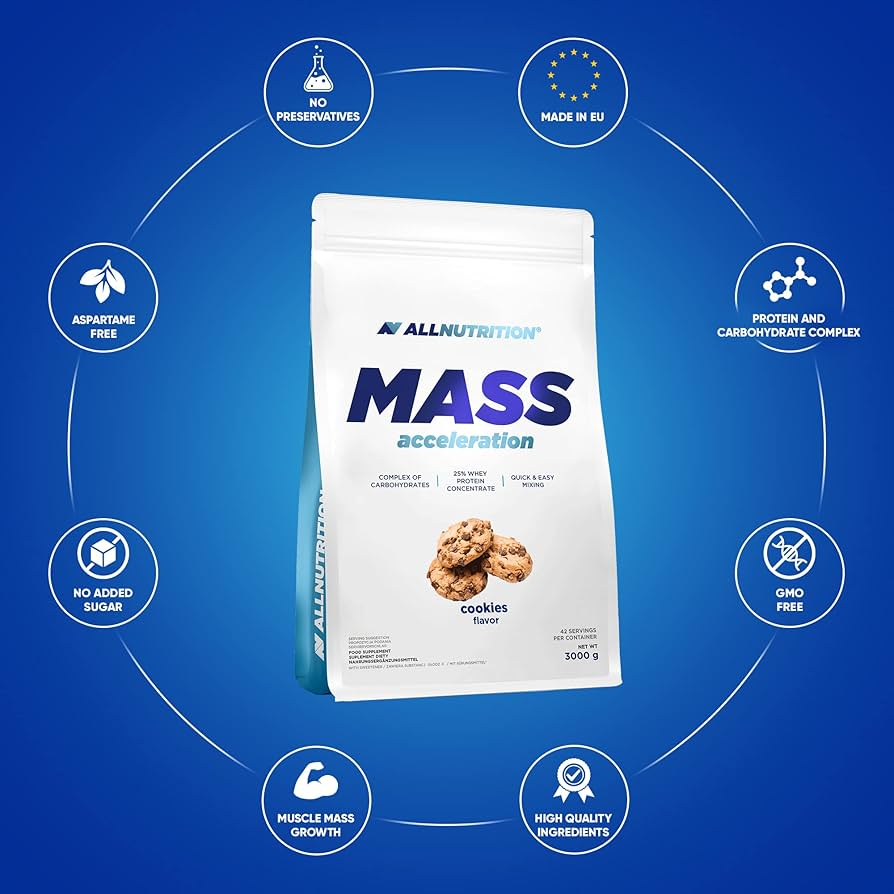

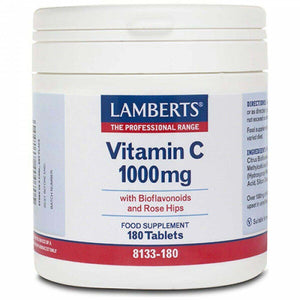



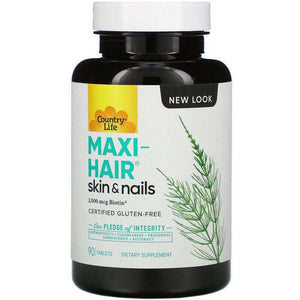
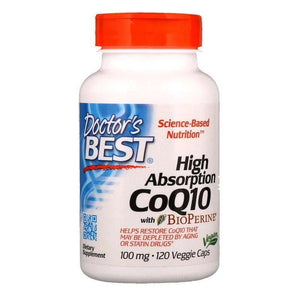
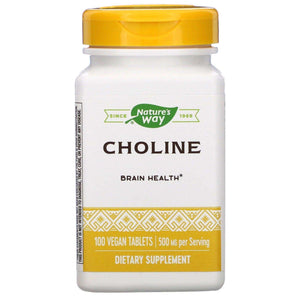


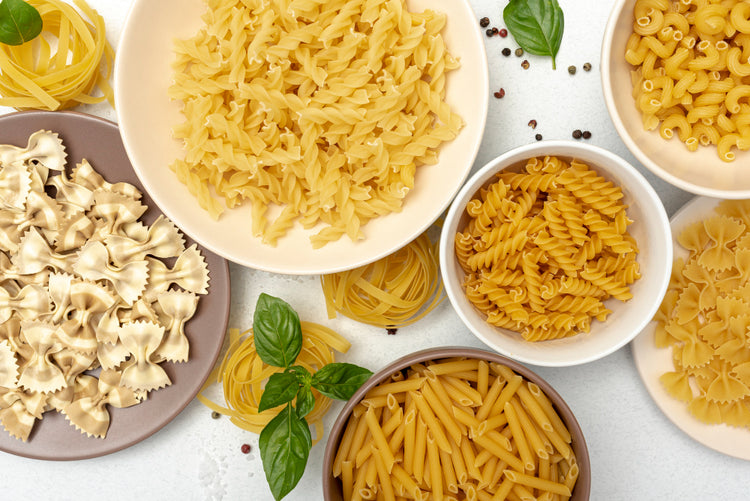




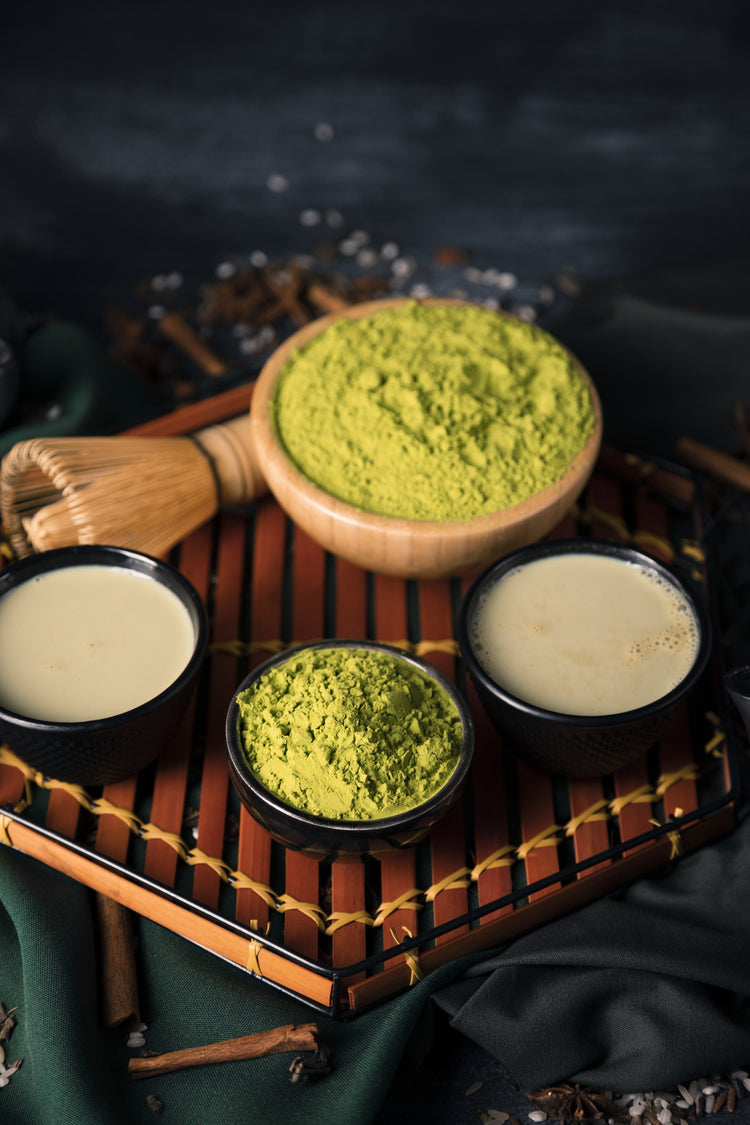
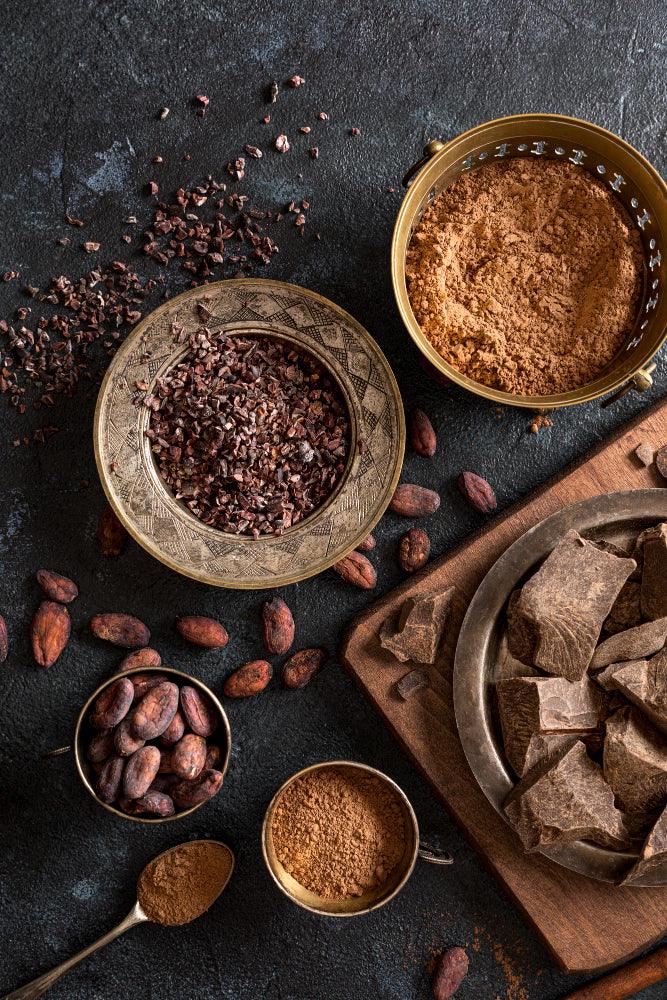
 Rated Excellent by 26,523+ Reviews
Rated Excellent by 26,523+ Reviews